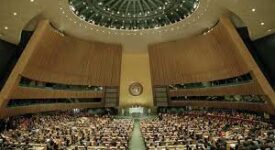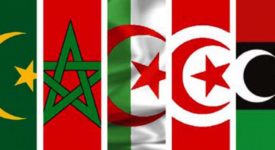The European Union has decided to move forward with a cooperation agreement on partnership and development with Afghanistan, which will create a new framework for EU-Afghan relations. Yesterday’s (13 February) deal formalizes the EU’s commitment to Afghanistan’s development under the “decade of transformation” (2014-2024), a follow-up to the undertakings given at the Brussels Conference on Afghanistan in October 2016.
The agreement reflects the principles and conditions on which the future partnership will be based. It emphasizes a regular political dialogue, including human rights issues with focus on the rights of women and children. The agreement creates a stage for the development of a mutually beneficial relationship across a wider and wider range of economic and political areas such as the rule of law, health, rural development, education, science and technology, as well as actions to combat corruption, money laundering, terrorist financing, organized crime and narcotics. The deal also counts on the future cooperation on migration and involvement of Afghanistan in global challenges such as climate change, nuclear security and non-proliferation.
The European Union has a long-term partnership with Afghanistan. Since 2002, Brussels has provided €3.66 billion in development and humanitarian aid, making it the fourth biggest donor in support of the Afghan people. Afghanistan is the largest beneficiary of EU development assistance – combined with the aid from the Member States, the EU contributes more than €1 billion in development assistance per year to Afghanistan annually. The EU’s development agenda, which is guided by aid effectiveness principles, focuses on the coordination of development assistance across national capacities. The EU has pledged to provide up to €300 million in funding per year until 2020, above and beyond the €200 million development funding per year that was committed at the Tokyo Conference in 2012.







